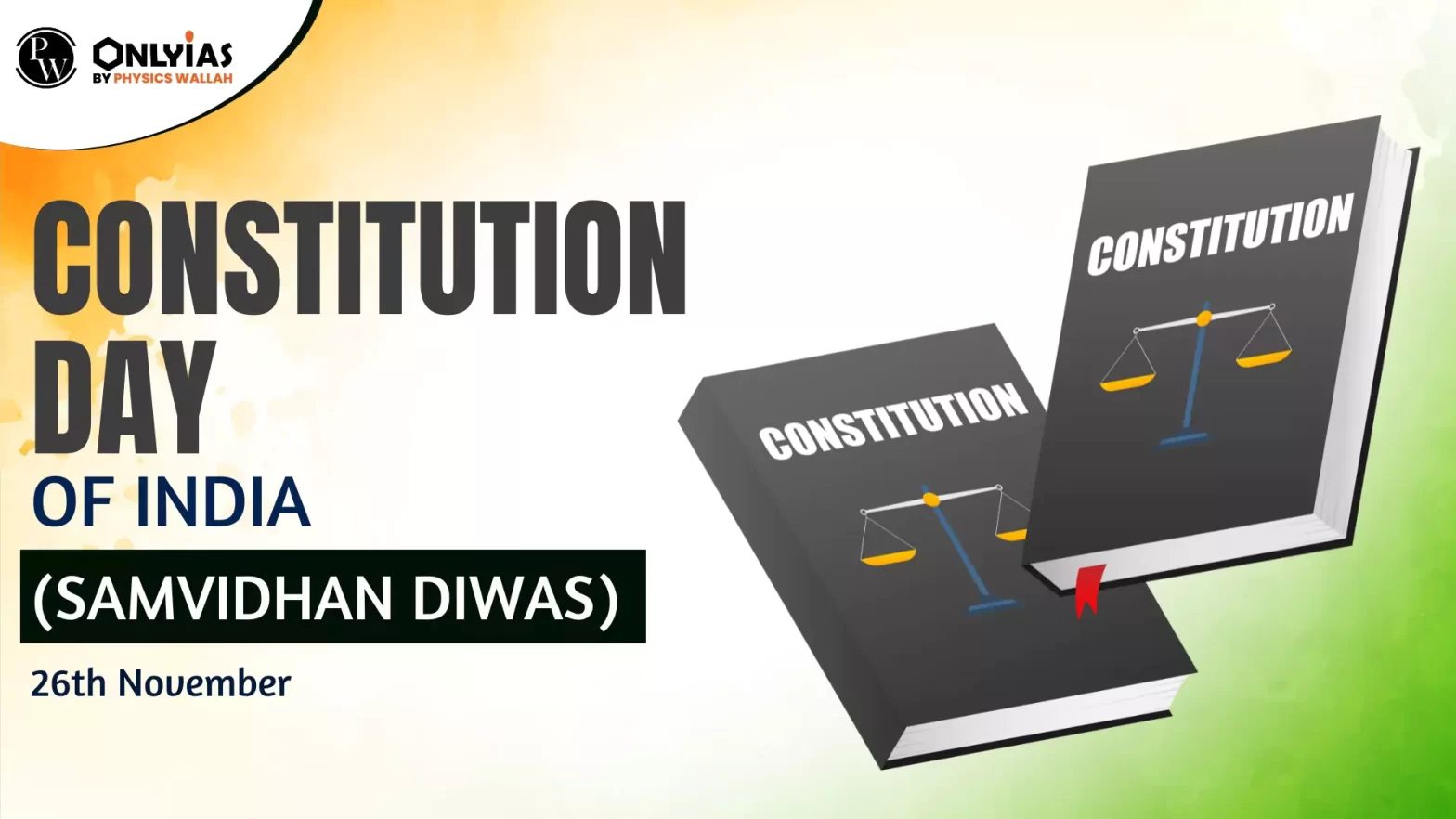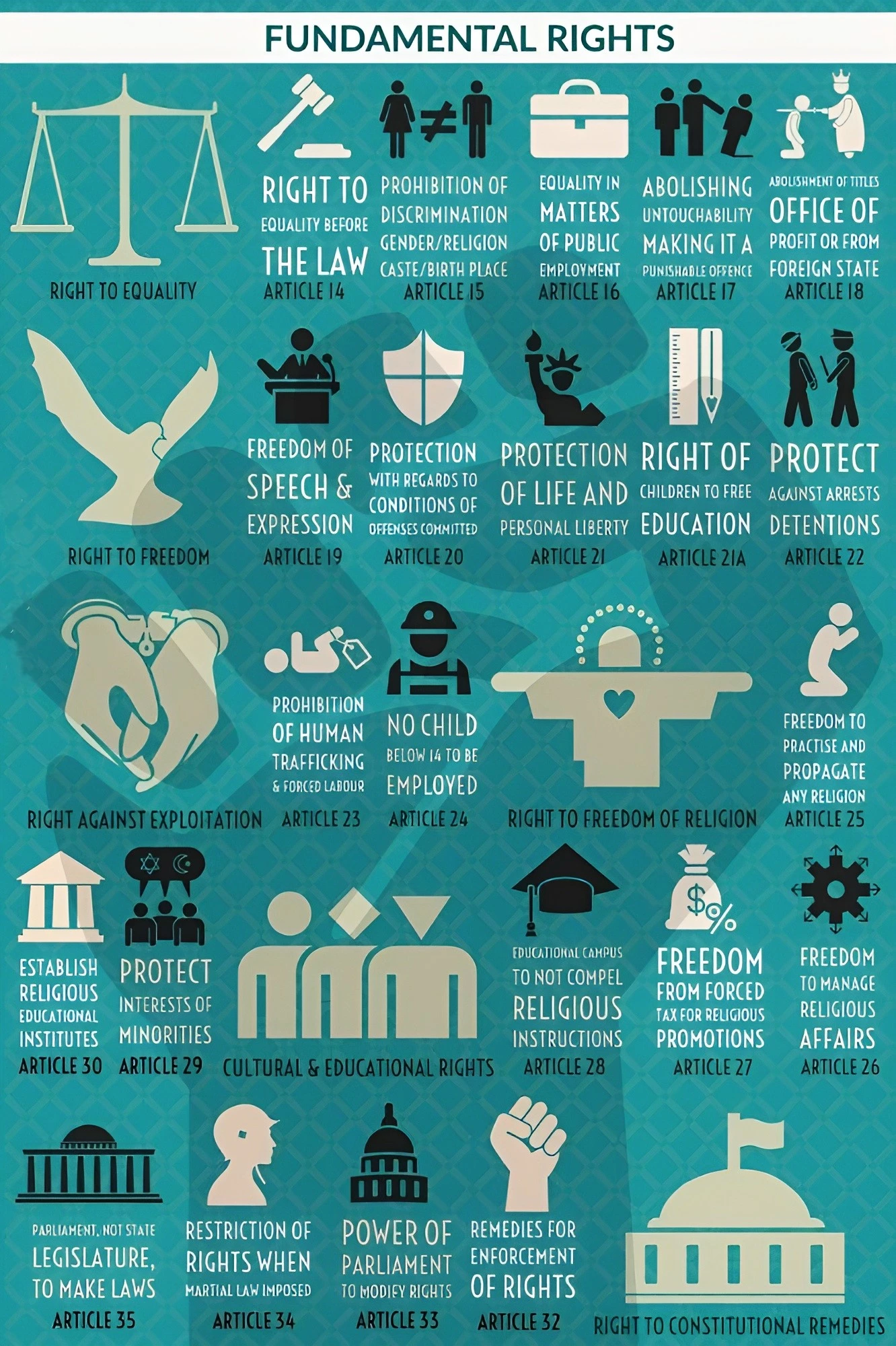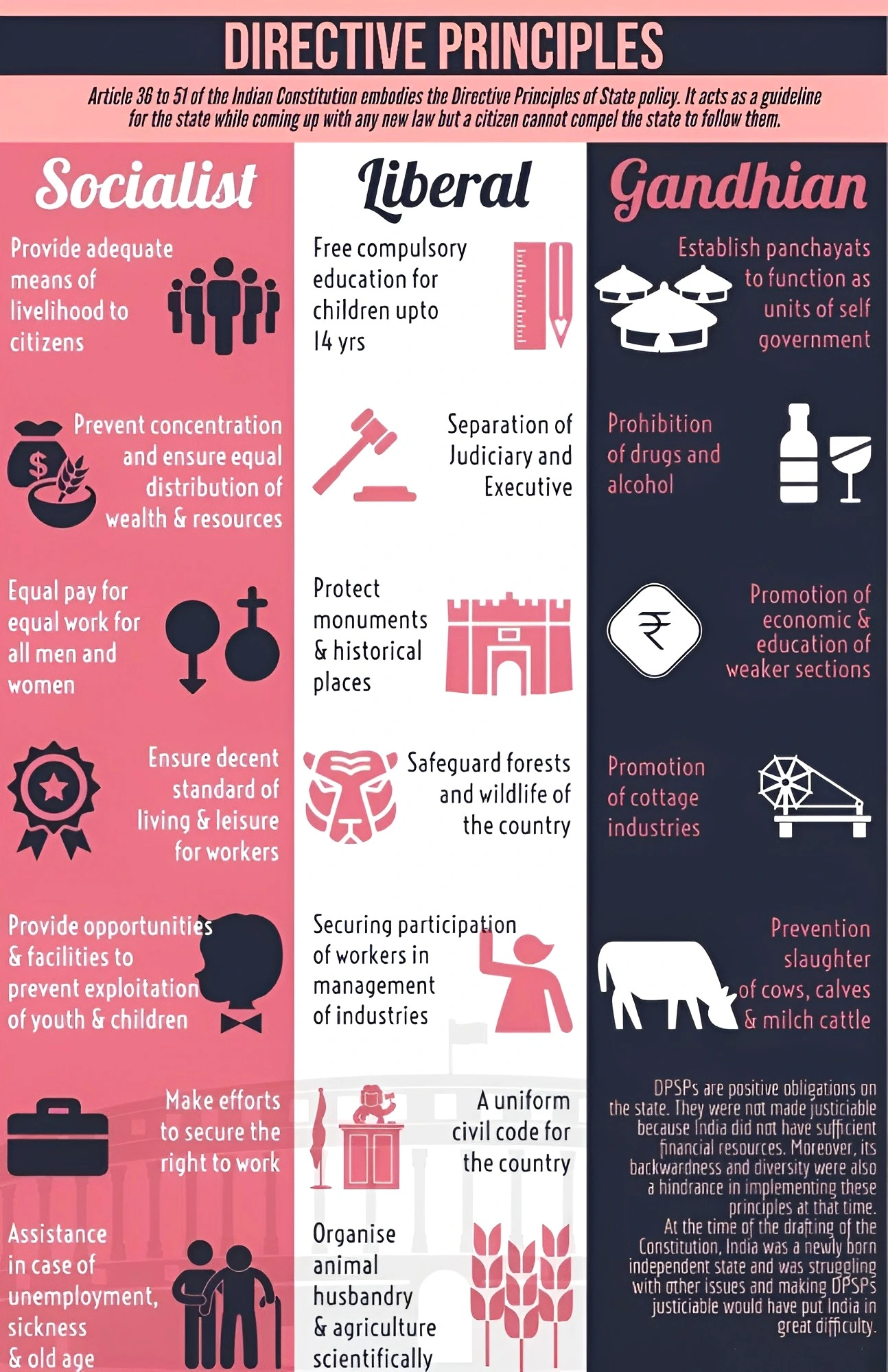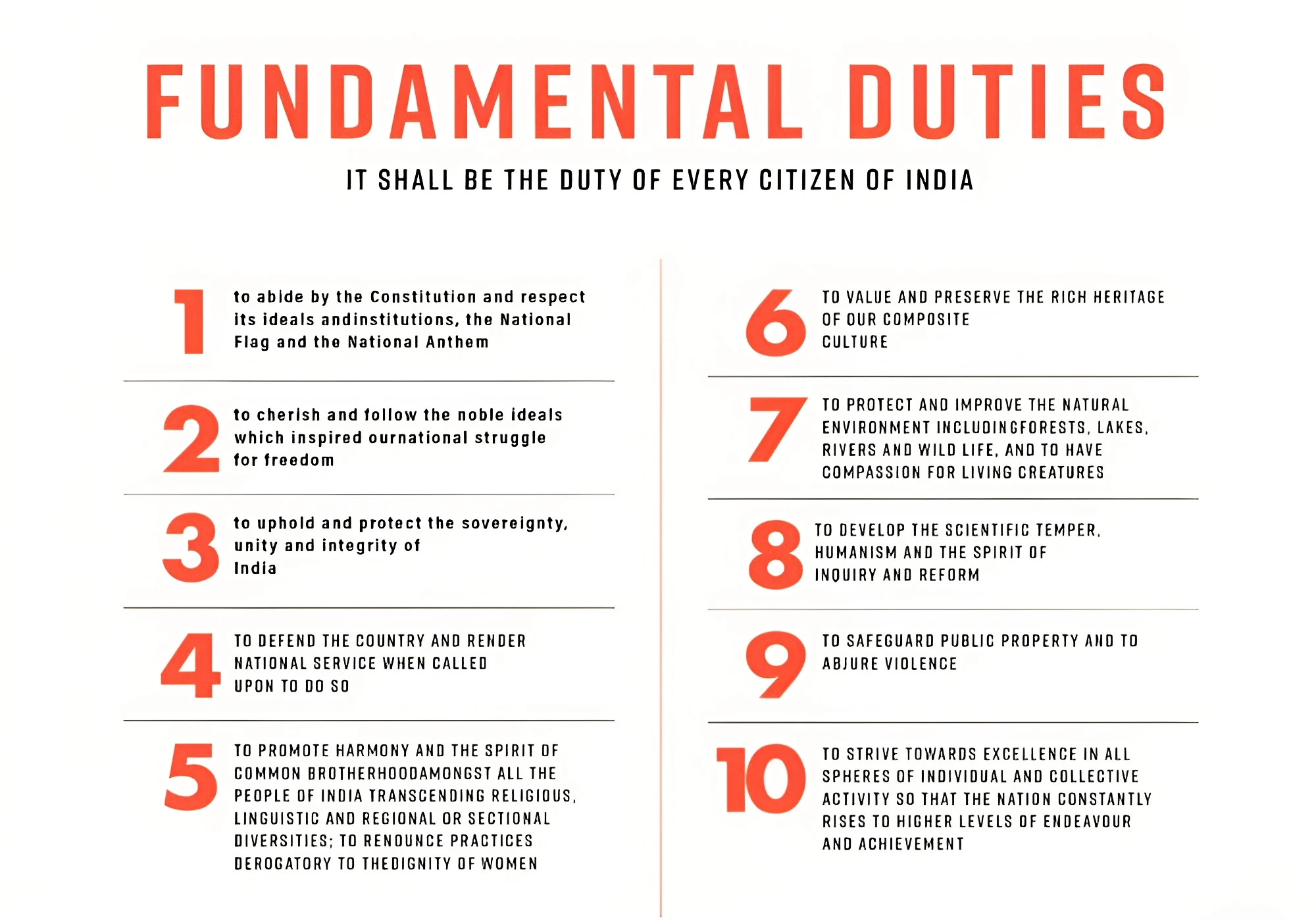Celebrate Indian Constitution Day 2024, honouring the legacy of justice, equality, and democracy. Discover why Indian Constitution Day 2024 matters today!

Indian Constitution Day, also known as Samvidhan Divas, is celebrated every year on November 26th to honour the adoption of the Indian Constitution. This day carries historical and cultural significance, as it celebrates the Constituent Assembly adopted the Constitution of India. It officially came into effect on January 26, 1950, honouring India’s transformation into a democratic republic.
We have created this informative guide, which will explore the history, significance, and celebratory aspects of Indian Constitution Day 2024 while emphasizing its enduring impact on Indian society.
Indian Constitution Day is a day to celebrate the democratic values enshrined in the Constitution, ensuring justice, liberty, and equality for all citizens. Here’s a quick overview:
| Overview of Indian Constitution Day | |
| Aspect | Details |
| Event Name | Indian Constitution Day (Samvidhan Divas) |
| Date Celebrated | November 26 |
| Significance | Adoption of the Indian Constitution on November 26, 1949 |
| First Celebrated | 2015 (on Dr. B.R. Ambedkar’s 125th birth anniversary) |
| Key Architect | Dr. B.R. Ambedkar |
| Drafting Duration | 2 years, 11 months, and 18 days |
| Core Values in the Constitution | Justice, Liberty, Equality, Fraternity |
Indian Constitution Day or Samvidhan Diwas was first observed on 19th November 2015. The Ministry of Social Justice and Empowerment notified the decision of the Government of India to celebrate the 26th day of November every year as ‘Constitution Day’ to promote Constitution values among citizens and to honour Dr. B.R. Ambedkar, the chief architect of the Indian Constitution.
The primary purpose of Indian Constitution Day is to recognize the huge contribution of the Constituent Assembly in formulating the world’s longest-written Constitution. The reasons include:
The Indian Constitution is the supreme law of India and a remarkable document that usually governs the country’s political framework. With 448 articles, 12 schedules, and 105 amendments, it is the longest-written constitution in the world.
The Constituent Assembly was chaired by Dr. Rajendra Prasad and included 299 members who represented diverse regions and communities. Dr. B.R. Ambedkar played an influential and key role in shaping the Constitution, incorporating elements from various global constitutions while ensuring they suited India’s unique socio-political context.
| When the Indian Constitution Was Adopted | |
| Date | Event |
| 13 December 1946. | Objective Resolution was moved by Jawaharlal Nehru |
| 22nd January 1947 | The Constituent Assembly of India passed the Objective Resolution |
| November 26, 1949 | Adoption of the Constitution by the Constituent Assembly; celebrated as Indian Constitution Day. |
| January 26, 1950 | Constitution officially came into effect, marking India as a republic; chosen to honour the Purna Swaraj Declaration of 1930. |



| Country | Inspired Parts |
| United Kingdom |
|
| The United States |
|
| Canada |
|
| Ireland |
|
| Japan | Procedure established by law |
| Soviet Union |
|
| Australia |
|
| Germany | Suspension of Fundamental Rights during emergency |
| France |
|
On Indian Constitution Day 2024 various events and programs will be held nationwide to promote awareness about the Indian Constitution. These activities include:
Indian Constitution Day 2024 is not just a ceremonial observance but it is a reminder of the Constitution’s lasting relevance in modern times. Its principles guide the nation through challenges, ensuring justice, liberty, equality, and fraternity.
Dr. Bhimrao Ramji Ambedkar was remembered and honoured as the “Father of the Indian Constitution,” envisioned a document ensuring social justice and equality. His meticulous work as the chairman of the drafting committee has left an unforgettable mark on India’s democratic framework.
Indian Constitution Day infuses and encourages pride in democratic values and facilitates citizens’ responsibly exercising their rights and fulfilling their duties. In a rapidly evolving world, it highlights the need for a deeper understanding of constitutional principles, particularly among the youth.
On January 24, 2024, the Hon’ble Vice President of India inaugurated the “Hamara Samvidhan, Hamara Samman” initiative at the Dr. B.R. Ambedkar International Centre, New Delhi. This ambitious year-long campaign aims to enhance public understanding of the Constitution, emphasizing its critical role in shaping Indian democracy and empowering citizens with awareness of their rights and responsibilities.
As part of the broader goal for a Developed India by 2047, the campaign seeks to promote democratic engagement and constitutional respect. Supporting initiatives like Nyaya Bandhu and DISHA’s Tele-Law Programme provide marginalized groups with free legal aid, reflecting the campaign’s holistic approach to justice.
Through regional events and digital outreach, “Hamara Samvidhan, Hamara Samman” strives to make constitutional awareness accessible to all, fostering a society rooted in democratic principles and inclusivity.
An All-Party Meeting has been scheduled for 24th November 2024, at 11 A.M. in the Main Committee Room, Parliament House Annexe, New Delhi. Organized by Union Minister of Parliamentary Affairs Shri Kiren Rijiju and presided over by Raksha Mantri Shri Rajnath Singh, the meeting will prepare for the Winter Session of Parliament, set to begin on 25th November 2024 and run until 20th December 2024, depending on government business.
As a mark of respect for Constitution Day on 26th November 2024, there will be no parliamentary proceedings in the Lok Sabha and Rajya Sabha. This observance underscores the day’s significance in honouring India’s constitutional values.
Indian Constitution Day 2024 is more than just a celebration; it is a reminder of the ideals that unite a diverse nation. The Constitution continues to guide India’s journey as a global democratic leader. By understanding why Constitution Day is celebrated, citizens can heighten their appreciation of the values embedded in the Indian Constitution and contribute to upholding its principles in their daily lives.
Ready to boost your UPSC 2025 preparation? Join PW’s UPSC online courses today!
UPSC Exam 2025 Related Articles
UPSC Prelims 2025 Exam
UPSC Notification 2025
UPSC Preparation 2025
UPSC Eligibility 2025
UPSC Exam Pattern
UPSC Syllabus
Indian Constitution Day 2024 celebrates the adoption of the Indian Constitution on November 26, 1949, marking its 75th anniversary.
Constitution Day is celebrated to honour the composers of the Constitution and raise awareness about its principles of justice, liberty, and equality.
The Indian Constitution was adopted on November 26, 1949, and came into effect on January 26, 1950.
Dr. B.R. Ambedkar is widely regarded as the architect of the Indian Constitution for his role as Chairman of the Drafting Committee.
It is celebrated through activities like Preamble reading, educational programs, and campaigns on Indian Constitution values.
The Indian Constitution is the world's longest-written constitution, combining features of major global constitutions to suit India’s diverse needs.
<div class="new-fform">
</div>